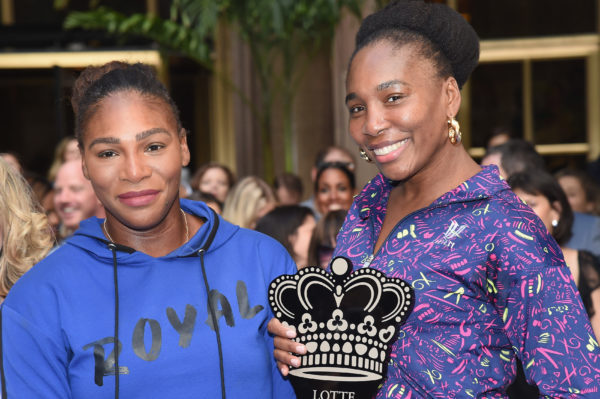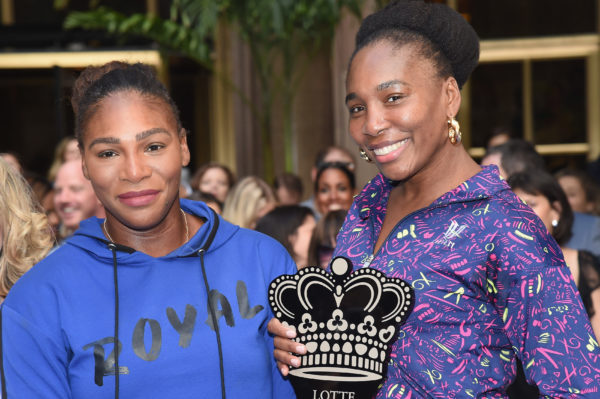“It’s Just Something I Had to Grow Used to’: Serena Williams Says Racism Caused People to Cheer for Her and Sister Venus to Lose Matches at Start of Their Careers
Serena Williams and her sister Venus shattered the proverbial glass ceiling when it comes to tennis, but the road was not always an easy one.
In an interview with Sirius XM’s ‘Shade 45” show, Williams shared some of the ways the duo experienced racism early on when one of the hosts said she was “the first famous person that I saw that actually dealt with a hostile work environment.” Noting she dealt with the “hate” as a Black woman “way before social media,” the host asked Williams how she was able to focus on winning in spite of it.

Williams underscored the host’s point, recalling that crowds would actually cheer when they were losing and boo when they were winning as they faced off against predominantly white opponents.
“I remember when my sister was playing, I could tell when she would win points and when she would lose. The crowd would be really loud if she lost a point, and then there would be almost silence if she won the game or the point,” Williams said, adding it’s how she could sometimes tell how her sister was faring when she wasn’t able to watch her play.
Williams added although the racial bias was wrong, she realized it was something to which they had to become accustomed.
“It’s just something I had to grow used to, which shouldn’t be normal,” Williams said. “It had to be normal for me … to realize people weren’t gonna root for me in the beginning, because I was different and I looked different.”
As she began her climb to become one of the greatest athletes of all times, Williams said she learned to let her talent speak for itself.
“I had to make people realize that it’s okay to be Black and to play tennis. And it’s okay to be good at it and to be better,” Williams said. “And that’s kind of something I had to lean into myself and realize that it wasn’t me, it wasn’t anything to do with me. It was just that I had to force people to see me because of my game. And let my game do the speaking. And I had to be comfortable with that.”
Ranked as the number-one female tennis player in the Open Era, which began in 1968, and second in the sport overall (she is one Grand Slam title behind the number-one female player), Williams has silenced — and converted — many critics.
She credits the support of her parents and their intentionality in instilling Black pride with helping her and Venus overcome the racism they faced.
“Thankfully, my parents were so pro and so awesome and so pro-Black,” Williams said. “They really taught us from a young age that we’re gonna face different things that other people aren’t gonna face. And we were okay with that because we knew that we were prepared for that. So we were prepared for anything that came our way. And we continue to be prepared for that.”

